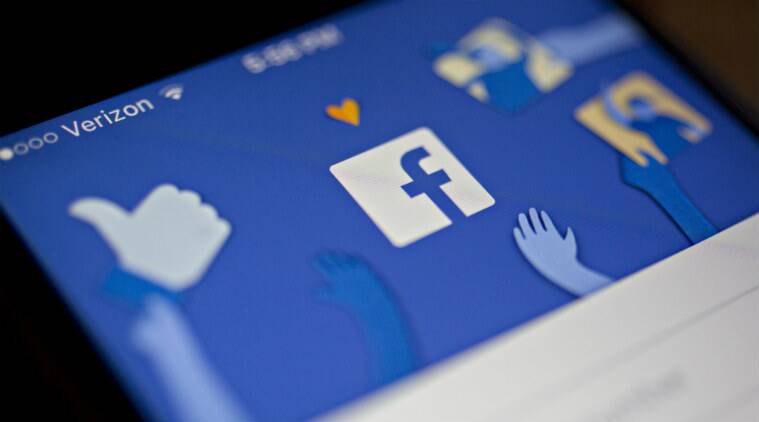The Internet has become a valuable tool that lets us stay in touch with friends and family, keep up with the news, shop, and share images. Furthermore, you may find remedies to some of your health problems straight from wherever you are. However, how will you know whether the information is reliable and secure with many options?
Fortunately, you can take these nine practical and simple actions to ensure that your Internet activity is safe and accurate.
Password safety
Many people do not believe it is necessary to generate a unique password whenever they are registering on a website or social networking site. Unaware of how harmful it may be if one finds out and uses our Facebook, Instagram, or bank account details in the worst-case scenario. Create unique passwords for whatever online account you use to avoid an unpleasant predicament. If fraudsters access one of your accounts’ passcodes, this technique will keep them from causing more significant harm to others. Several internet tools also serve as password managers, allowing you to save your passwords safely.
Be Careful When Shopping Online.
Shopping at unverified and unregistered sites is one of the most popular methods to jeopardize your online security. Some websites ask you to enter personal information such as your address and credit card number, which is risky when you visit a fraudulent retailer.
Always check the URL address when sending money because it should begin with HTTPS rather than HTTP.
Be Careful What You Post.
Analysts say that over 2 billion people use social media to share photos and videos. Even if you erase some of your posts or pictures, you must understand that they will never be entirely out from the Internet. It would be best to refrain from sharing anything incorrect or sensitive that may cause you trouble later. On the other hand, you should be conscious that millions of fraudulent profiles may try to deceive you or put you in danger.
Avoid Suspicious Links
Links come in various methods, the most common of which is e-mail, where you are likely to get a lot of spam. Pop-ups are also a tactic that can lure you to an unknown site, where there is a higher risk of accumulating malicious programs, leading to numerous cyber threats, such as viruses or data theft.
Browse on Secure sites
There are a lot of websites with varying levels of security, and the chance of a cyberattack increases if you visit some untrustworthy sources. It is especially true of sites where you may download free music and films. There have been numerous instances where people have picked up malware from such items. Always download software from specialist app shops such as Apple Store or Google Play Store, as these are certified suppliers with higher levels of security.
Install a Genuine Anti-virus
Installing a trusted anti-virus program is necessary to maintain internet safety. It drastically lowers the risk of data breaches and keeps you safe and secure. Many software products also have additional capabilities, such as VPN protection and PC maintenance, which allow you to access sensitive content while maintaining your online safety. Before browsing, please find out the best VPNs for Google Chrome to use when accessing public Wi-Fi from untrusted sources since most people use Google Chrome as their default browser. VPN protection is vital as it ensures that you have a secure Internet connection and that no one can steal the information you provide online.
Check Out the Reviews.
Scrutinize the review section on any new website you visit on the “About Us” page. Make sure the reviewers are professionals. Cardiologists, for example, should study information about heart health. Sites, where attorneys or laypeople review the content are questionable. Beware of paid product advisors’ reviewers. Also, read the terms and conditions on the website for any disclosures.
Customizing Security Configuration
Customizing a browser’s options or settings menu can also help make it more secure. Changing settings, on the other hand, can be inconvenient.
Turning off features like “autofill,” which instantly submits forms on internet pages, and login storage, for example, stops files from data storage that a hacker could mine.
Follow the Authentication Process
Most important websites in our lives, such as online banking services, Gmail, and Facebook, provide two-factor authentication.
It means they’ll intervene when suspicious access occurs. So, if it claims to be signing in from China while you have never left your hometown, warning signals will go off.
Final Remarks
Failure to take Internet security seriously might result in significant losses. It has the potential to harm you economically, socially, and personally.
You may rest confidently knowing that you are protected if you follow these safety rules for safe web browsing.











